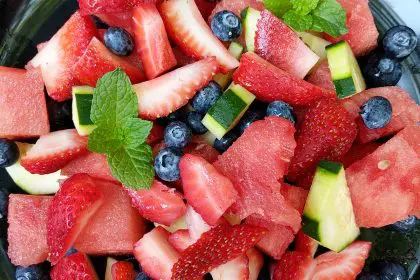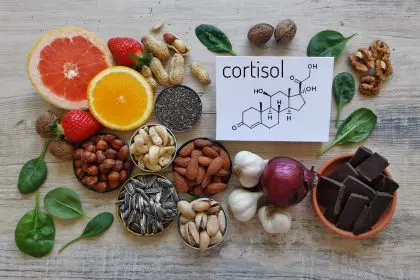Nuts are emerging as essential players in the protein game, offering not just satisfying crunch but impressive nutritional benefits. Recent studies show that incorporating nuts into your daily diet can significantly boost protein intake while providing essential nutrients that support overall health. As more people seek plant-based protein alternatives, nuts have gained recognition for their role in maintaining a balanced diet.
Nature’s protein champions revealed
Leading the pack are peanuts, the undisputed protein champion, delivering 7 grams per ounce – more than a whole egg. Their versatility extends from simple snacking to creating rich, creamy nut butters perfect for smoothies and baking. Budget-friendly and readily available, peanuts offer an economical path to increased protein intake, making them accessible to consumers across various economic backgrounds.
Almonds follow closely with 6 grams of protein per ounce, while bringing additional benefits like calcium and antioxidants. Their versatility shines in various forms – raw, roasted, sliced, or ground into flour for gluten-free baking adventures. Many health professionals recommend almonds for their heart-healthy properties and their ability to help maintain stable blood sugar levels throughout the day.
Pistachios match almonds with 6 grams of protein per ounce, with the added advantage of being naturally portion-controlled. Their distinctive green hue signals rich antioxidant content, while their shells encourage mindful eating. Research suggests that the act of shelling pistachios can help promote more conscious consumption and better portion control.
The nutrient-dense alternatives
Pine nuts offer 4 grams of protein per ounce while delivering concentrated doses of vitamins E and K. These small but mighty nuts transform ordinary pesto into a protein-rich condiment and add unexpected crunch to savory dishes. Their rich, buttery flavor makes them a prized ingredient in Mediterranean and Middle Eastern cuisines, where they’ve been valued for centuries for both their taste and nutritional benefits.
Walnuts provide the same protein content alongside impressive levels of plant-based omega-3 fatty acids. Their brain-shaped structure mirrors their cognitive health benefits, making them a smart choice for both body and mind. Recent studies have linked regular walnut consumption to improved cognitive function and reduced risk of neurodegenerative diseases.
The creamy contenders
Cashews contribute 4 grams of protein per ounce while offering a creamy texture perfect for dairy-free recipes. Their rich mineral content, including zinc and magnesium, supports immune function and muscle health. Many chefs prize them for their ability to create luxurious, cream-like sauces without dairy, making them invaluable in plant-based cooking. Their versatility extends to both sweet and savory applications, from vegan cheesecakes to creamy soups.
Hazelnuts deliver 4 grams of protein with a distinctive sweet flavor that pairs beautifully with both sweet and savory dishes. Their unique nutritional profile includes high levels of vitamin E and beneficial plant compounds. Beyond their famous pairing with chocolate, hazelnuts add depth and complexity to various dishes, from breakfast cereals to sophisticated dinner entrees.
The selenium powerhouse
Brazil nuts round out the list with 4 grams of protein per ounce, while serving as the world’s richest source of selenium. Their impressive nutrient density makes them a powerful addition to any diet, though moderation is key due to their high selenium content. Nutritionists recommend consuming just one or two Brazil nuts daily to meet selenium requirements without risking overconsumption of this important mineral.
Storage and maximizing nutritional benefits
Proper storage is crucial for maintaining the nutritional value of nuts. Keeping them in airtight containers in cool, dark places helps prevent rancidity and preserve their nutrient content. The natural oils in nuts can become rancid when exposed to heat and light, compromising both their nutritional value and taste. Consider refrigeration for longer-term storage, especially in warmer climates or during summer months.
Economic and environmental impact
The growing popularity of nuts as a protein source has significant implications for both personal health and environmental sustainability. Unlike animal-based proteins, nuts generally require fewer resources to produce and have a smaller environmental footprint. Their long shelf life also contributes to reduced food waste, making them an environmentally conscious choice for protein consumption.
Future prospects and global nutrition
As global protein demands continue to rise, nuts represent a sustainable and environmentally friendly protein source. Their relatively low water requirements and long shelf life make them an increasingly important part of future food security solutions. Agricultural experts predict continued growth in nut farming and consumption as more people recognize their nutritional benefits and versatility in modern diets.













